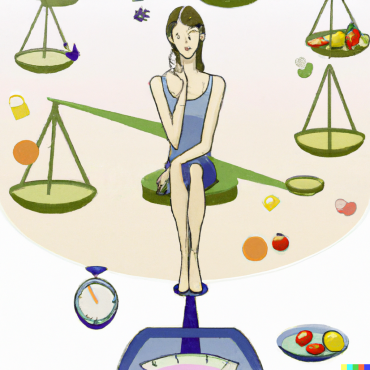When Indians saw Alia Bhatt seeking therapy for depression from a hot therapist Shahrukh Khan in Dear Zindagi, there was some kind of a new wave of acceptance around the scene of mental health and illness.
It opened up a new conversation when Deepika Padukone admitted she had been suffering from anxiety and depression. She went on to launch the Live Love Laugh Foundation to raise awareness about mental health issues.
The mental health issues have been around for decades, but it is only now that they are coming to light, with a newer wave of acknowledgement and acceptance. In movies, mental illnesses are depicted in the form of violence and various superstitions are related to mental illnesses. When celebrities like Varun Dhawan, Shama Sikander or Honey Singh who have their audience in every nook and corner of the country, come out in the open and talk about their struggle with disorders and depression, it raises peoples’ awareness and their behaviour towards those who are battling it.

Despite such efforts, even today, in the age of millenials, India has 0.3 psychiatrists per 100,000, one of the lowest figures in the world, and mostly found in big cities. WHO statistics show 56 million Indians suffering from depression and over 3 crores suffering from anxiety disorders. While the educated urbanites try to keep it under covers, the rural illiterates seek godmen to cure their insanity, who exploit them even more. A very few are able to come out with it and seek help, and those who are not able to, end up like the 250,000 Indians who kill themselves each year.
Mental health is a topic that has never made it to the discussion table, and even if it has, it is talked about in uncomfortable hushed overtones, quickly to be swept under the cover. There is a tendency to discriminate against those diagnosed with mental illness. The patients suffer from mass’s ignorance and lack of awareness and earn the coveted title of being “mad” or “crazy.”
There have been hundreds and thousands of people who have had no support of family and relatives even if they reluctantly shared their anxieties. Many a times people don’t get a good response, in fact they are labeled as over-sensitive or very dramatic. There is a lack of awareness about whether one should see a psychologist, a psychiatrist or a counsellor, or even finding the right doctor that can be trusted and confided in. They are scared to seek professional help as they are afraid of being ridiculed or unsure about the doctor’s medications and credentials. A majority of Indians resist treatment also because they can’t afford the treatment.
Everyone goes through phases of stress, anger and sadness, but the lack of discussion around mental health disorders and how people struggle with them makes it hard to recognise the signs that you need help. Self diagnosing an illness is as dangerous as ignoring it. It is such a delicate matter of the mind, that if not treated appropriately, it can cause long term damage. It is not only important for people suffering through mental illnesses to take charge, but more so for those around them to understand how to handle such situations.
In this fast-paced life, do we have the time to dedicate to someone genuinely and listen to them? People seem to trivialise the matter and tell others to “get over it” or give advice without really understanding the person’s dilemma. What people really need to understand is that mental illness is invisible and accepting and acknowledging this condition about others encourages them to open up to you. Most mental health practitioners say that coming to seek therapy is the first step of acceptance as they gathered courage to show up there. Most patients say they feel lighter and relieved of burden after talking whats troubling them, like they have been heard for the first time. Why can we not pose to be the kind listening ear that any of our friends, family or acquaintance might need?
We need a shift – in our attitudes, in our mindsets, in our perspectives and outlooks related to mental health. To reduce the stigma, we need to start with ourselves first. Stop judging, encourage talking and start listening.

























































Comments